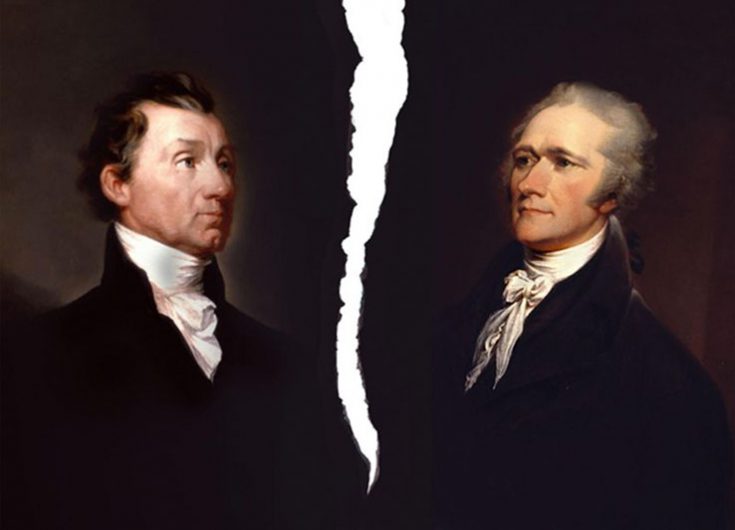According to Deep, Putin is attempting to balance the trinity of passion, military means, and political aims in executing a plan that relies on friction and mass to succeed on the ground; and to use war as a way of achieving political ends. However, the real question might not be whether Putin’s strategy is Clausewitzian, but whether he is choosing the correct means by which to accomplish the goal of increasing Russian influence along its borders.
Alex Deep on Putin, Clausewitz, and Ukraine
According to Deep, Putin is attempting to balance the trinity of passion, military means, and political aims in executing a plan that relies on friction and mass to succeed on the ground; and to use war as a way of achieving political ends. However, the real question might not be whether Putin’s strategy is Clausewitzian, but whether he is choosing the correct means by which to accomplish the goal of increasing Russian influence along its borders.


